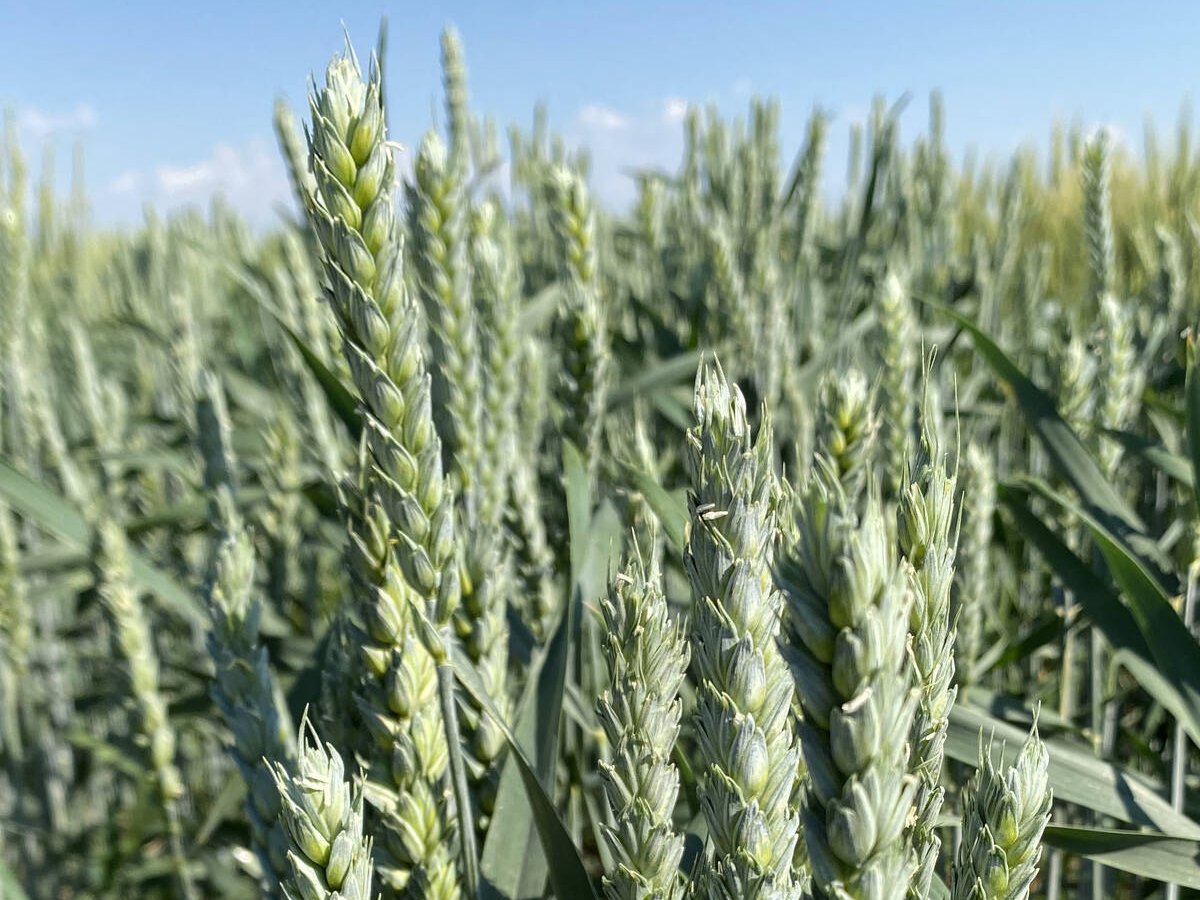A new research centre at the University of Calgary has been established to inform the public about agriculture.
The Simpson Centre for Agriculture and Food Innovation will focus on research around public policy that supports growth and sustainability of agri-food and agri-business, particularly in Western Canada.
Seeing a lack of co-ordinated, peer-reviewed information, local Calgary rancher and businessperson John Simpson wanted to change all that. He donated $5 million to the university for the centre that will be based out of the faculty of veterinary medicine.
Read Also

Discovery promises big wheat yield gain
University of Maryland researchers have discovered a gene that produces three grains per wheat floret instead of the usual one.
“Agriculture has been a very siloed structure,” said Simpson.
“We needed an independent body with the structure in place with the social media and communications skills to go out and do the right work and collaborate with all the other people that are working on various issues in their own silo,” he said.
He wants a director in place by September. The person will work at the faculty of veterinary medicine and report to the School of Public Policy.
The goal is to collaborate with other researchers or start new projects to address questions society has posed about agriculture.
The goal is for a minimum of six to eight reports per year, as well as a weekly or biweekly newsletter for expert commentary on issues as they arise.
The information needs to be released to the public with the stamp of approval from the school of public policy. Representatives from the university are talking about the research and implementation with federal and provincial governments.
Four issues have already been selected for immediate research attention.
- The impact of the United States-China trade war should be assessed and recommendations made on how Canada can establish its own advantageous trade agenda with China.
- The World Trade Organization has benefited Canadian agri-food, but has stalled. How can Canada re-exert itself to take full advantage of the WTO.
- The Comprehensive Economic and Trade Agreement with the European Union was implemented in September 2017. So far, the agreement has been a disappointment to Canada. EU agri-food exports to Canada grew by four percent from 2017 to 2018. However, Canadian exports to the EU have stagnated. In part, the explanation for this imbalance has been non-tariff barriers including food safety rules and regulations. Research will provide focused prescriptions to overcome these challenges.
- Trade diversification — Canada is thought to be too dependent on trade with the U.S. and China. This research will engage Canada’s foreign affairs experts to provide advice on how to aggressively engage with our prime emerging markets, with a focus on Asia outside of China.
- Research is needed to assess Canadian agriculture and carbon capture including best practices used to mitigate overall environmental impacts.
- Understanding and applying global trends in food production like the growing middle class interest in sustainable, humane and organic agricultural practices. How can Canada take the lead in implementing these practices, and thereby create a competitive advantage for Canadian producers in a globalized agri-food market?
- Canadians need to be aware of the large economic contributions that agriculture and livestock farming make to Canadian prosperity.
- Research should cover modelling and calculating the contribution of agri-food and agri-business to the Canadian economy.
- Demonstrating the growth potential, in dollars and impact across Canada (including in urban centres), of the Canadian agri-food and agri-business sector.
- Some of the biggest irritants to the grain and livestock expert sectors have come from real or perceived quality issues. Technology is key to addressing and mitigating these issues.
- Block-chain and quality control technology has applications to any complex industry that requires multiple inputs and control tracking through a complex supply chain. How can Canada become a global leader in the application of blockchain and other technologies to agricultural production and exports?















